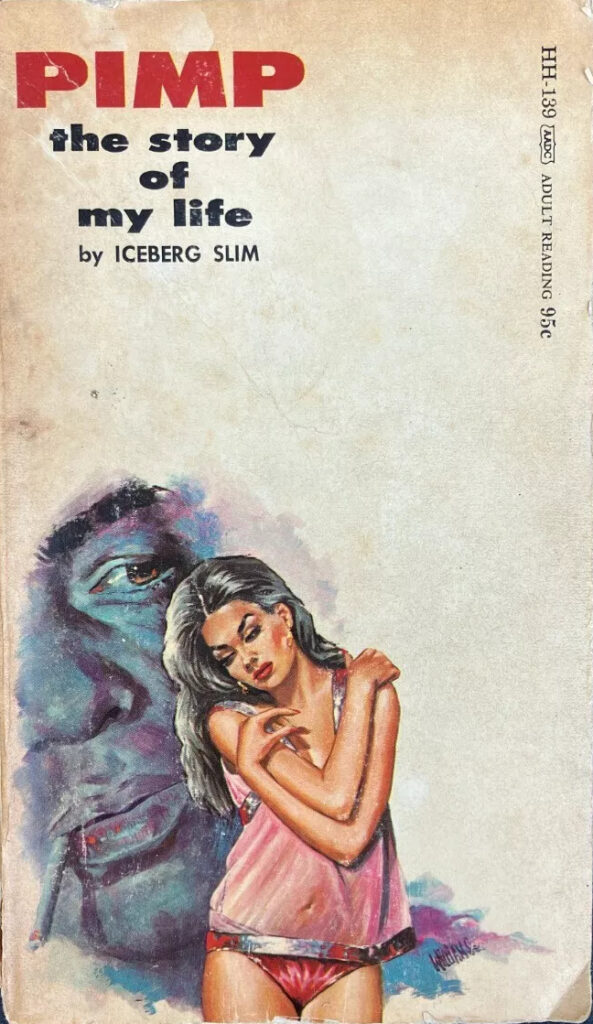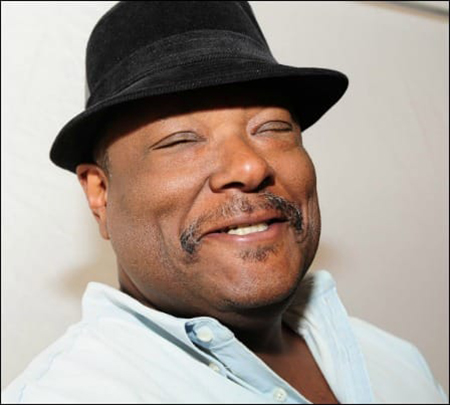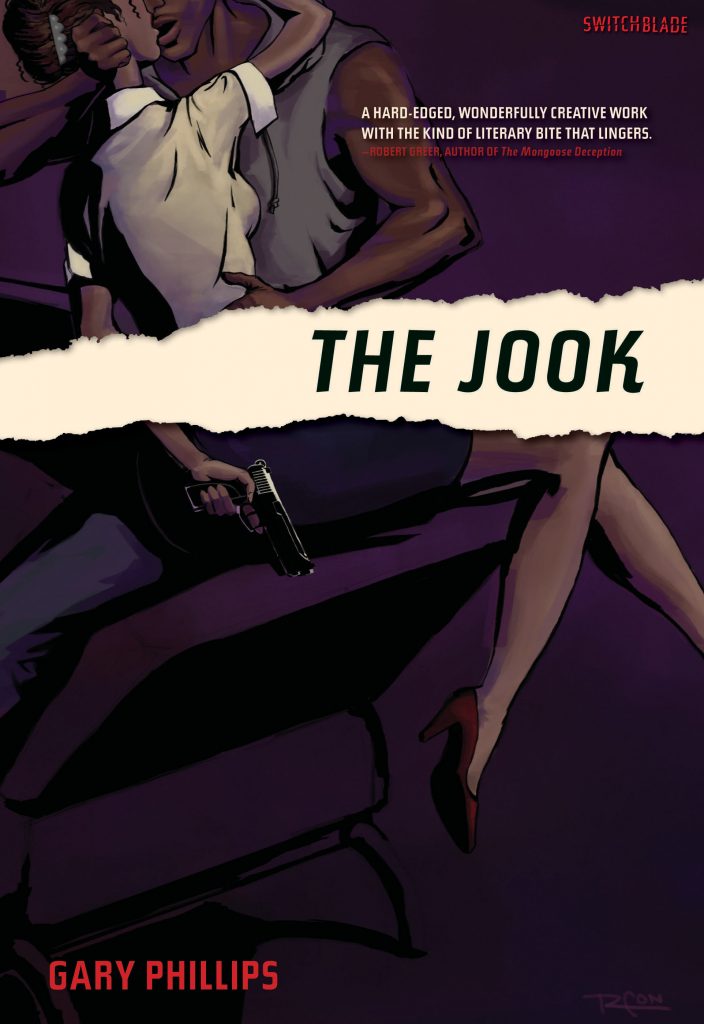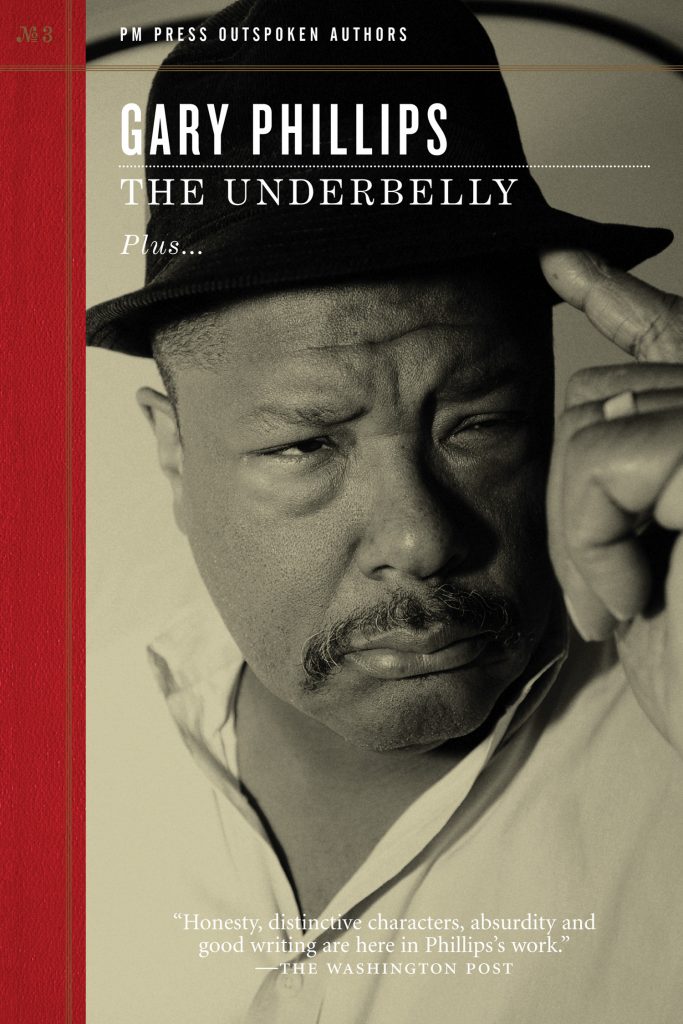I’ve been working on this podcast for years now. Since I first saw the lurid cover of Iceberg Slim’s Pimp in the “Black Fiction” section of a bookstore, I have studied, read, and obsessed with the publisher Holloway House. And, of course, my friend Gary Phillips is the only person I wanted to discuss this publisher and their authors with. When we finally got together, the discussion was everything I had hoped for because his obsession with Holloway House was as strong as mine. The result is the podcast you see embedded above. I’ve trimmed it down a bit for length.

Here are some Show Notes for the episode with names and links to the authors we discussed and additional material Gary provided. We hope you enjoy the podcast.
Show Notes
The primary source of information for the history of Holloway House came from two books:
- Street Players: Black Pulp Fiction and the Making of a Literary Underground by Kinohi Nishikawa
- Pimping Fictions: African American Crime Literature and the Untold Story of Black Pulp Publishing by Justin Gifford
Nishikawa’s book, in particular, is filled with insight and historical details not found in any other source. Plus, despite being an academic study, it’s easy to read with a minimum of theory.
Some of the authors discussed in the podcast include:
Robert Beck/Iceberg Slim – his novel Pimp: The Story of My Life was influential to black writers/readers and in, the great rapper, side Slim’s novels inspired him to start creating what would be known as Hip-Hop.
Donald Goines – Goines, while not as successful as Iceberg Slim, still wrote black pulp fiction specifically for black readers. His work is more extreme than Slim’s and not as well crafted, but Goines makes up for it with sheer impact.
Joseph Nazel – Nazel wrote the first black adventure novels copying the model created by Pinnacle Books and featuring a black protagonist. He also worked as an editor on Players magazine – a black version of Playboy.
Nora De Loach – her novels came late in Holloway House history (1980s) and her work is not as influential, but she wrote original novels featuring a kind of black Sherlock Holmes in the guise of an elderly black woman obsessed with solving murders and her paralegal daughter. She wrote 8 novels for Holloway House and they are excellent.
Odie Hawkins – wrote 17 novels for Holloway House all of which are funny and full of wit. He also wrote a scathing roman clef about working for the exploitative publisher. The title is Hollow Daze it’s great
Wanda Coleman – the poet laureate of Los Angeles, Wanda was the first editor for Players Magazine. She established a high level of quality for the magazine’s first year.
Emory Holmes II – An editor (twice) for Players. He worked in plain site to reverse the attempts to dumb-down Players and built in quality articles/photo spreads and black-related content.
“Harvard in Hell”: Holloway House Publishing Company, Players
Magazine, and the Invention of Black Mass-Market Erotica Interviews
with Wanda Coleman and Emory “Butch” Holmes II
The interview listed above revealed the working conditions at Holloway House to me. It’s an essential read if you want to understand the publisher and the books/magazines they published.
Special Guest – Gary Phillips

Gary Phillips has been a community activist, labor organizer and delivered dog cages. He’s published various novels, comics, short stories and edited several anthologies including Orange County Noir and the award-winning The Obama Inheritance: Fifteen Stories of Conspiracy Noir. Violent Spring, first published in 1994 was named in 2020 one of the essential crime novels of Los Angeles. He was a senior story editor on FX’s Snowfall, about crack and the CIA in 1980s South Central where he grew up.
Gary mentions in the podcast that the best book to introduce you to his writing style and world creation is The Jook. Click the link for more info on the book and to visit Gary’s professional website.
***
Check out Gary’s titles below:








